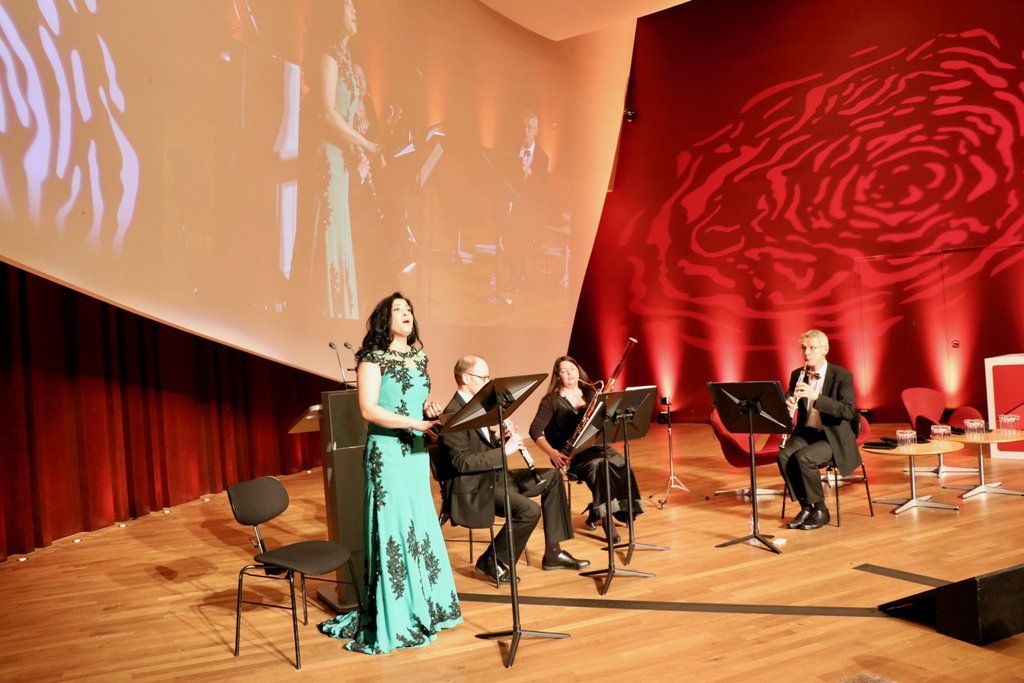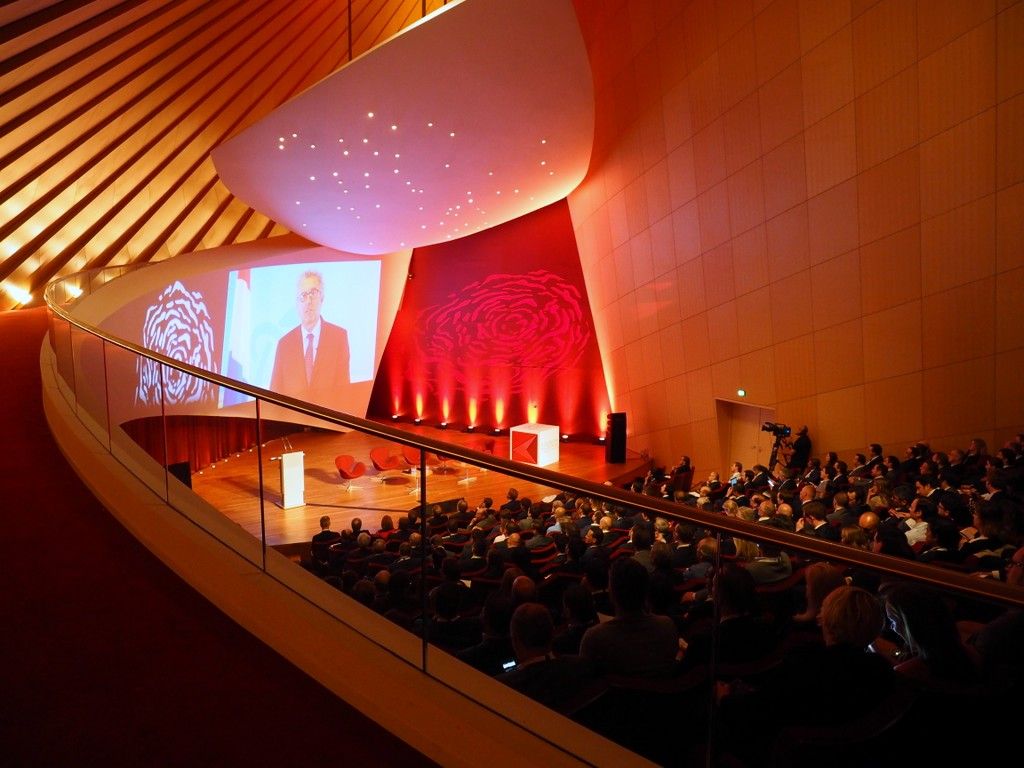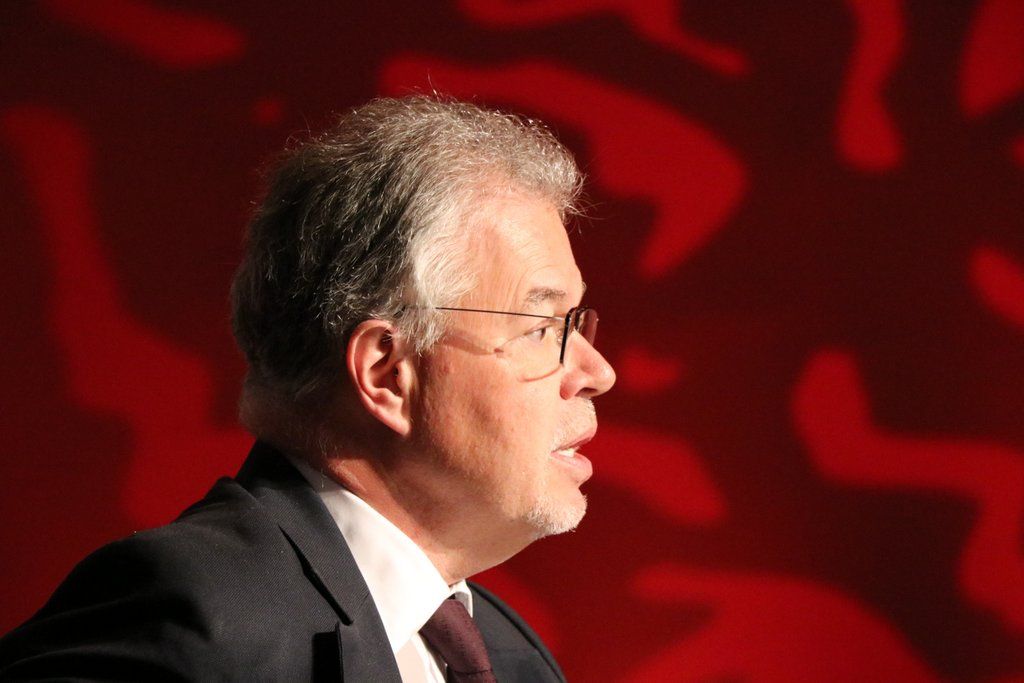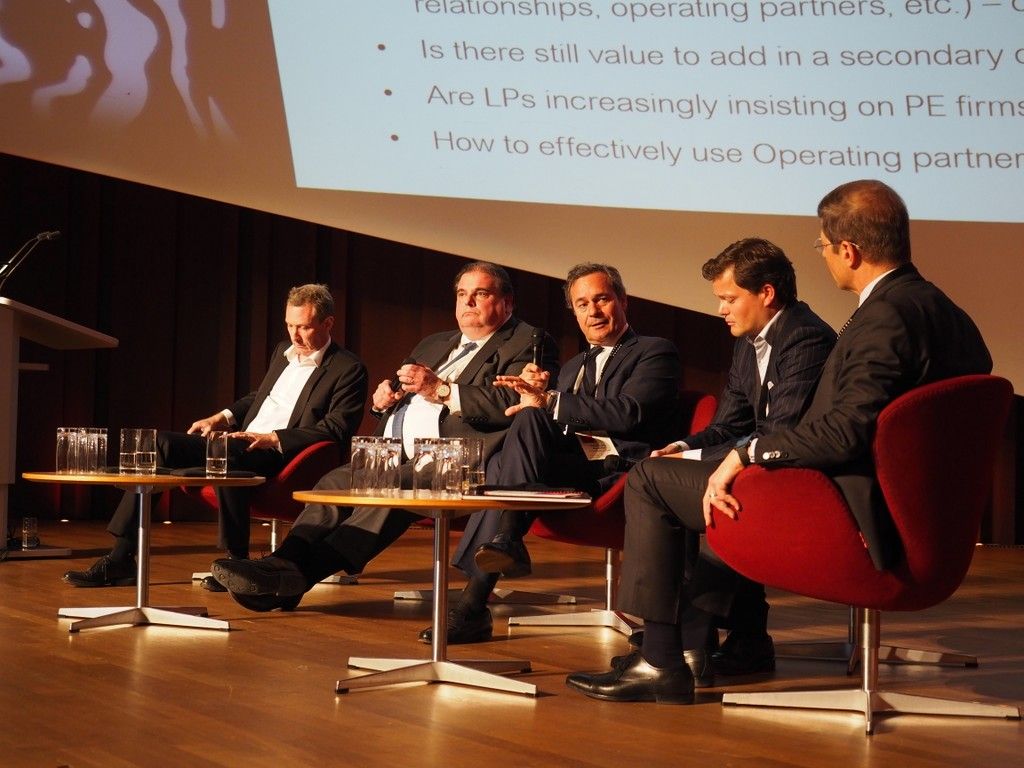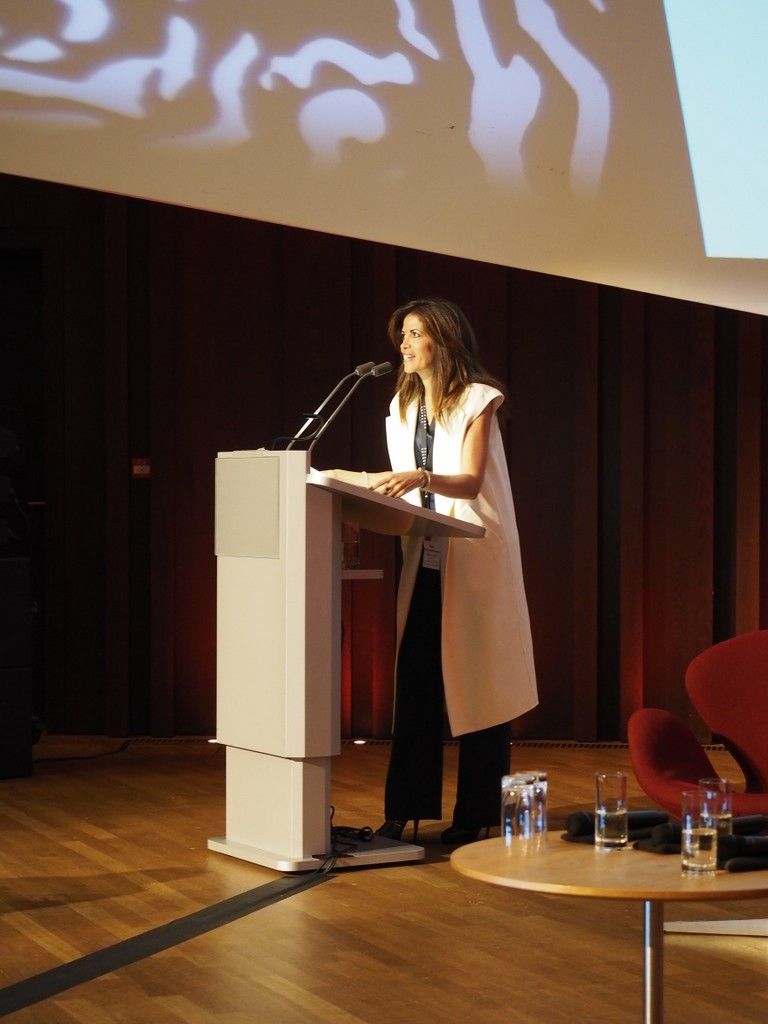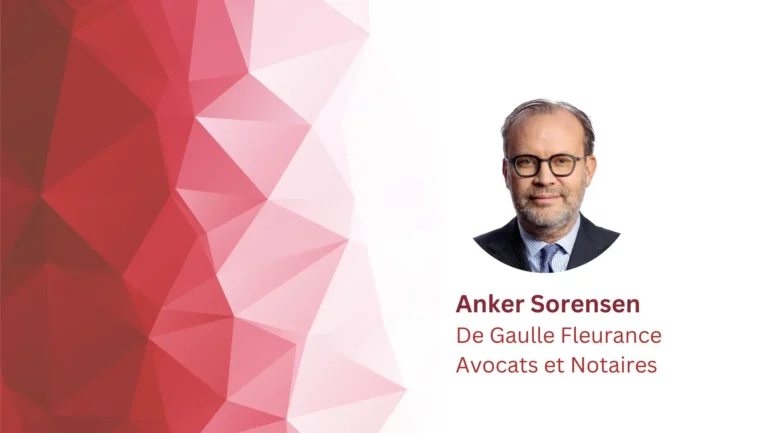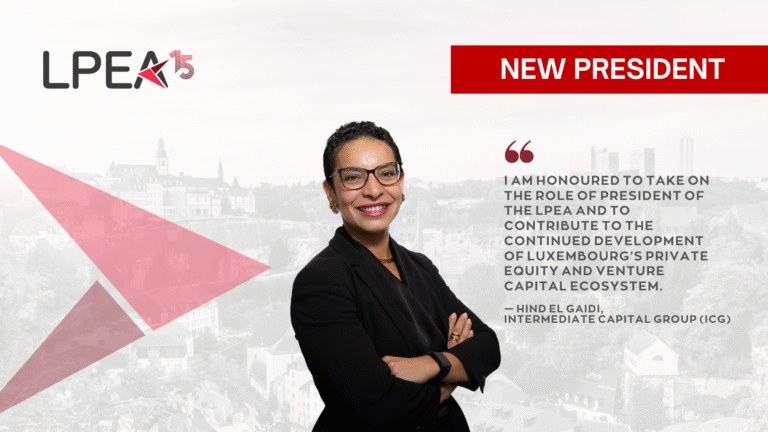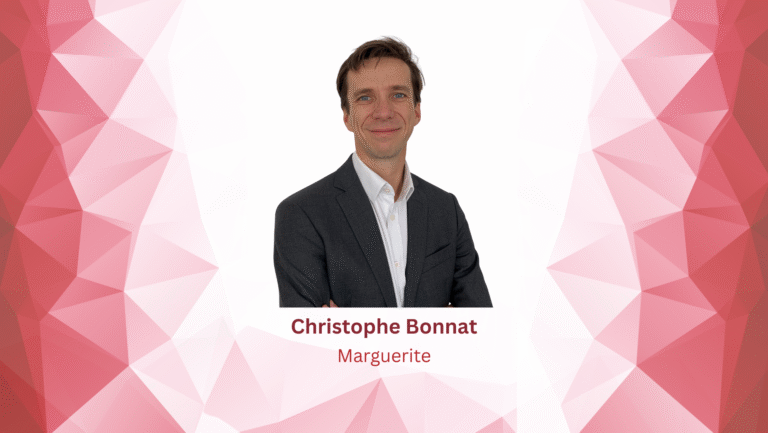LPEA Insights 2018 – Conference notes
The second edition of the LPEA Insights conference held on 25th April 2018 in Philharmonie Luxembourg demonstrated the importance of Private Equity for the real economy. Through a number of panel discussions with leading European private equity professionals as well by showcasing a number of real-life examples from Luxembourg, the conference shed light into what advantages private equity and venture capital bring and how this asset class directly contributes to creating jobs and growth in the economy.
Introduction & keynote speech
The participants were welcomed by the musicians “Trio d’anges de Luxembourg” and soprano Elena Tanase, who lured the audience inside the Salle de musique de chambre by performing some excerpts from famous operas including “Giuditta” by Frans Lehar and “Romeo et Juliette” by Charles Gounod. The event was officially opened by LPEA Board Member and host Rajaa Mekouar-Schneider (Kharis Capital) with greetings to the participants and opening remarks. The host announced the agenda of the conference and mentioned the continuing sustainable growth the industry was able to achieve in 2017. After that, the President of the LPEA, Jérôme Wittamer (Expon Capital), took the stage, welcomed the audience and stressed the importance of the social role of PE and its impact on society.
Pierre Gramegna, Luxembourg’s Ministry of Finance delivered a video message to the audience highlighting the essential role of PE for the economy and explained some initiatives aimed at improving the Luxembourg business environment. These initiatives include easing of the tax burden for SMEs and the adoption of several directives aimed for standardization of the securitization process, facilitation of the prospectus preparation for SMEs and improving innovation and socially responsible investing processes.
The event continued with a keynote speech delivered by Bernard Gault (Perella Weinberg Partners). In his presentation, he stressed the key role that the continuous operational improvement in PE plays compared to other factors such as deleveraging and multiple arbitrage and illustrated it with real-life examples in which he was involved himself. He also outlined the significance of taking a long-term view, specializing in a sector as a PE firm, the use of operating partners and the presence of an effective exit strategy.
Panel discussion – Adding Value in Mid-Market Private Equity
The first panel discussion was moderated by Victor Vadaneaux (Centerra Partners), with the panelists Bruno Lambert (BIP Investment Partners), Tom Alzin (Deutsche Beteiligungs), Juan Luis Ramirez (Portobello Capital) and Thomas Boulman (LBO France). Victor Vadaneaux started the dialogue and invited panelists to describe their business models and the chain of value creation. Thomas Boulman placed emphasis on the tight costs control and realizing of sales growth potential, as well as the underlined importance of having a strong operating team. Bruno Lambert highlighted the crucial role of defining clear performance goals, the alignment between GP’s and investors’ goals and the use of specific industry expertise. Juan Luis Ramirez defined the key factors for success buying growing family businesses, the reinforcement of the management team and having both a clear short and long-term strategy.
Mr. Ramirez added that value could be also added by having industry-external managers and engineers join a portfolio company, this is what they did with one icecream-cone producer – they brought an automotive engineer inside the company who was able to bring a fresh insight and increase operational efficiencies thus adding great value to the portfolio company. Mr. Alzin agreed with the approach of adding value by giving existing ideas a new twist: he gave the example of a private clinic that operates expensive medical equipment and innovated by simply increasing the asset utilization from a normal working day utilization of 8 hours to a non-stop 24-hour-asset utlilization.
The panellists agreed that a strong operating management team needs to be in place, which ideally does not have to be changed. All panelists gave examples of cases in which they had an issue with certain managers and how they dealt with the difficulties that arose.
Case Study: Burger King and Quick in Belgium, Luxembourg and beyond
Rajaa Mekouar-Schneider presented the case study of the successful development of Burger King and Quick fast-food networks in Belgium, France, Luxembourg, Poland, Greece, Romania and Italy. The transaction was led by Kharis Capital and proved to be extremely effective an creating a huge number of jobs for the real economy. The key drivers for success were executive integration, improvement of business processes and implementation of the Gripinvest – multibrand multichannel QSR platform allowed smooth strategy implementation. In addition, the presentation covered the importance of having PE in the family offices investment portfolio in order to have the proper level of diversification and deliver strong returns.
Case Study: Job Today
Just after the coffee break, the second case study was presented Polina Montano, co-Founder and COO of Job Today. The presentation illustrated the success story of this Start-up that provides instant online job search services for blue collar staff. Job Today demonstrated incredible growth within only three years. Ms. Montano highlighted some of the challenges on the way and the importance of establishing an atmosphere of trust with its investors, team members and customers. The company is continuing its rapid development and represents another great example of the impact that private equity / venture capital has on the real economy.
Panel Discussion: Limited Partners: Motivations Behind Investing in Private Equity
The second panel discussion was moderated by Claus Mansfeldt (SwanCap) with the panelists Luigi Santambrogio (Brederode Group), Oliver Kneschewitz (Siemens AG), Mikael Vercauteren (CA Indosuez Wealth (Europe)) and John A. Holloway (European Investment Fund). Claus Mansfeldt started the conversation with a short introduction on the role that LPs play in the PE industry. The panellists were asked to illustrate the features of their investment strategies and special incentives for investing into PE. Oliver Kneschewitz explained that Siemens AG’s strategy is mainly focused on plain vanilla Private Equity investments. Mikael Vercauteren highlighted the importance of Private Equity for balancing a portfolio of wealthy individuals and providing healthy returns. Luigi Santambrogio demonstrated the role of Private Equity investments in providing a balanced mixed of returns and liquidity when mixed with blue-chip listed equities. With 95% of investments made through funds of funds, John A. Holloway stressed the importance of taking a long-term view when entering Private Equity.
The dialogue continued over potential pitfalls and challenges associated with private equity investments. The illiquidity of assets, overregulation, taxation, specific country risks (especially for emerging markets) were named among the main issues. All panelists agreed that, nowadays, effective management, improvement of operating efficiency and proper exit strategies are key drivers for making Private Equity investments profitable.
The panel concluded that Private Equity is still the most profitable asset class from a historical point of view and has a great investment potential.
Case Study: LuxAviation
The last but not least case study was presented by Patrick Hansen, CEO LuxAviation and it resembled much of a “fairy tale” of a company that evolved from a low-margin entity with one plane in possession to becoming the 2nd largest corporate aircraft operator in the world present in 42 locations, serving 4000 business jets and managing a fleet of 250+ aircraft. LuxAviation continues its sustainable development expanding the range of services continuously which now include charter, aircraft management, fixed based operations, aircraft maintenance and transactions and helicopters management. This philosophy allowed the company to deal effectively with numerous business challenges including a complex regulatory environment, strong competition, the integration of new entities into the existing business model, financing new acquisitions and overcoming the negative impact of such natural disasters as volcano eruption or hurricanes. Patrick Hansen also defined the strong impact of technological progress on LuxAviation activities providing a great potential for the future development with the use of Big Data and drones.
Closing speeches
Alexandre Mars (EPIC) took the stage to deliver the closing speech. His speech was about the increasing role of philanthropy in reshaping existing business models of traditional corporations, using the example of his organisation – EPIC Foundation. There are a few obstacles which make people hesitant in giving money to charity: lack of trust, time and knowledge. EPIC plays a role in removing these obstacles by adopting a PE approach i.e. making a selection among 3500 charity proposals per year, performing a due diligence on 45 selected proposals and executing onsite inspections and funding for 10 proposals. Mr. Mars shared his idea of the essential necessity of socially responsible activities in the view of a coming generational shift with millennials that are going to be the largest group of employees in the foreseeable future. The new generation, so his claim, wants to be employed by companies that care about making an impact on society.
Last but not least, Paul Junck, Managing Director of LPEA, thanked all participants and the organisational team and expressed his confidence in a strong positive perspective for the Private Equity industry.
A networking cocktail concluded the 2nd LPEA Insights Conference which was overall again a huge success with more than 350 participants and a full Salle de musique de chambre.
Notes of the conference session compiled by the students:
Oleksandr Rybakov, Master in Wealth Management, Luxembourg School of Finance
Shikha Bhagat, Master in Wealth Management, Luxembourg School of Finance



